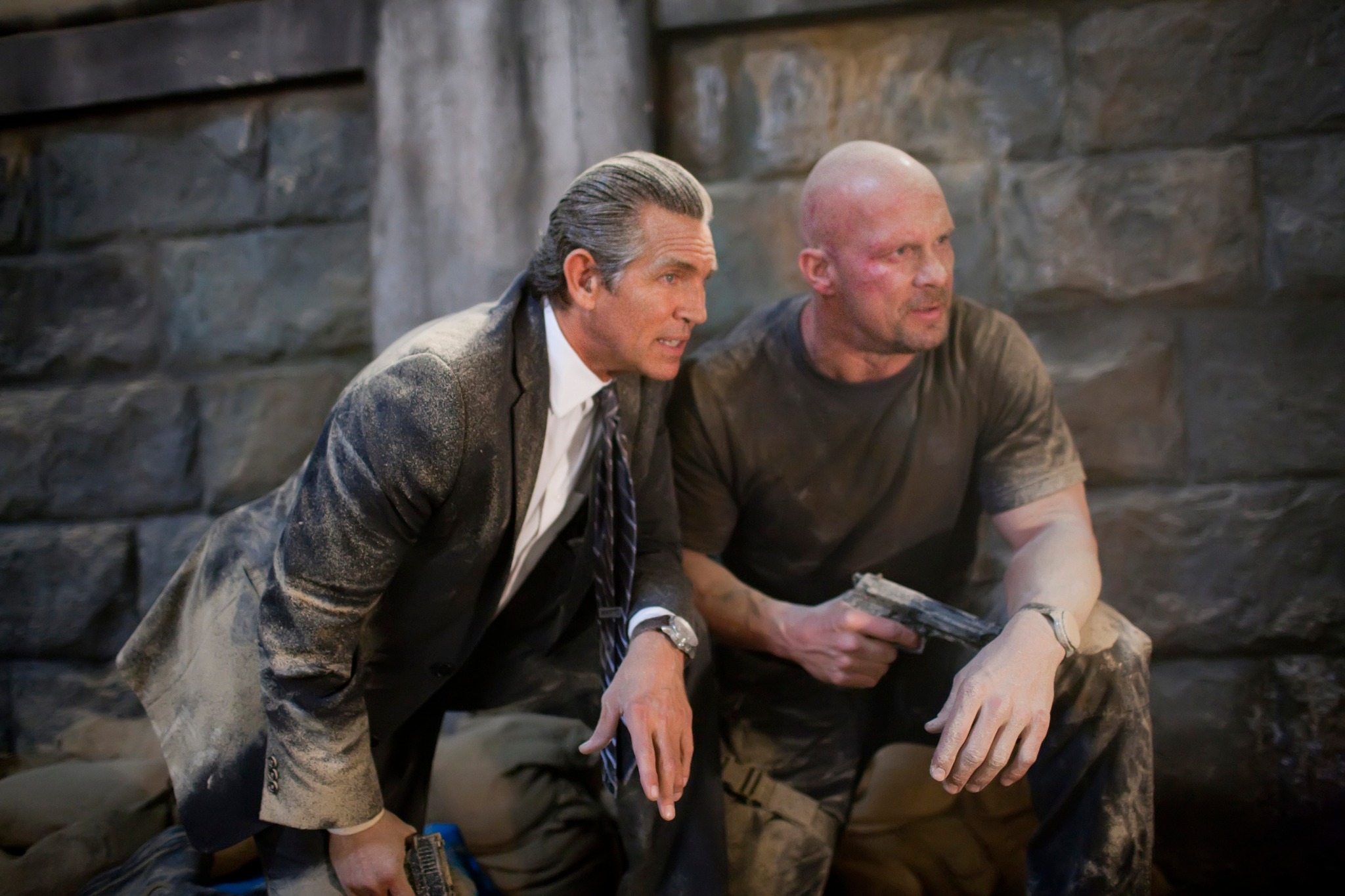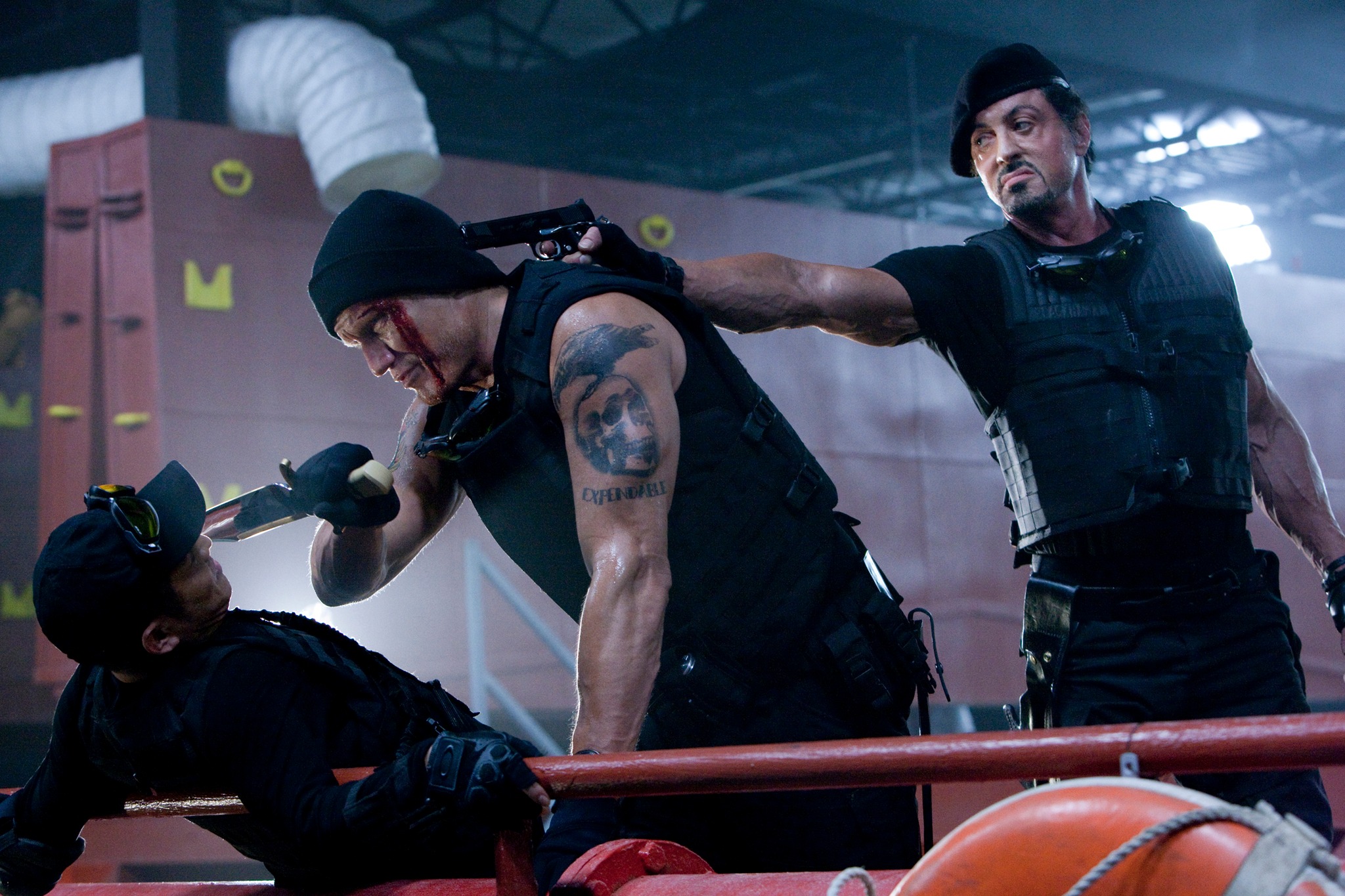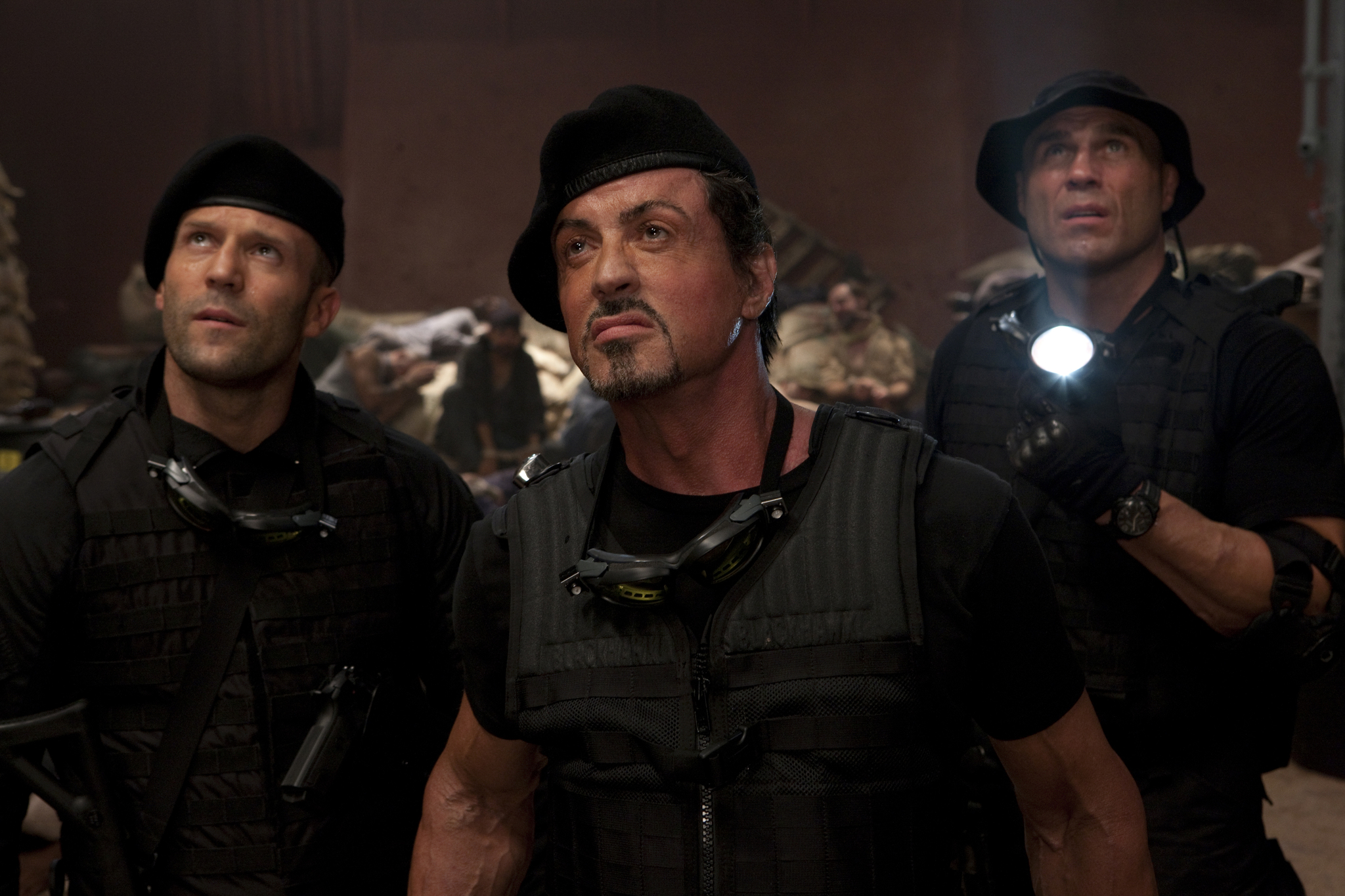🎬 Shot Caller (2017): From Businessman to Kingpin – The Transformative Tale of a Fallen Man

Director: Ric Roman Waugh
Main Cast: Nikolaj Coster-Waldau, Jon Bernthal, Lake Bell, Omari Hardwick, Jeffrey Donovan
Plot Overview: “Shot Caller” is an intense crime thriller that delves into the psychological and physical transformation of Jacob Harlon, a successful businessman turned hardened gang member. After a tragic accident leads to his incarceration, Jacob, played by Nikolaj Coster-Waldau, is thrust into the brutal and unforgiving world of prison. To survive, he must adapt quickly, aligning himself with a violent white supremacist gang.
As Jacob’s moral compass is gradually eroded by the need for self-preservation, he rises through the ranks, eventually becoming a “shot caller” – a person who makes key decisions for the gang. The film oscillates between his life before and after prison, painting a stark contrast between the man he was and the ruthless leader he becomes. Upon release, he is forced to carry out a dangerous mission to protect his family, all while navigating the complex and perilous dynamics of the criminal underworld.
Why You Should Watch:
-
- Nikolaj Coster-Waldau’s Riveting Performance: Best known for his role as Jaime Lannister in “Game of Thrones,” Coster-Waldau delivers a powerful and nuanced performance in “Shot Caller.” His portrayal of Jacob’s transformation from a loving husband and father to a fearsome gang leader is both gripping and heartbreaking.
- Grim Realism: The film offers a gritty, unflinching look at the prison system and the ways in which it can strip a person of their humanity. The stark portrayal of gang life, both inside and outside of prison, adds to the film’s tense and unsettling atmosphere.
- Character Study of Moral Degradation: “Shot Caller” is not just a crime drama; it is a deep psychological study of a man pushed to his limits. The film explores themes of identity, power, and survival, posing difficult questions about the cost of safety and the corrupting influence of violence.
- Engaging, Non-Linear Narrative: The film’s non-linear storytelling adds to its suspense, revealing Jacob’s backstory and his current predicament in a way that keeps the audience on edge. This structure allows for a more profound understanding of his character’s evolution and the high stakes of his situation.

Cinematic Techniques:
- Dynamic Editing: The film’s editing plays a crucial role in maintaining its tension, with quick cuts during action sequences and a slower pace during moments of introspection. This contrast helps to highlight the duality of Jacob’s life, before and after prison.
- Atmospheric Cinematography: The use of harsh lighting and shadow emphasizes the bleakness of Jacob’s world, both in prison and on the streets. The visual style contributes to the film’s oppressive mood, reflecting the internal and external darkness that engulfs the protagonist.
- Realistic Action Sequences: The violence in “Shot Caller” is depicted with brutal honesty, avoiding glamorization. The fight scenes are raw and intense, capturing the physical and emotional toll of living in such a ruthless environment.
Legacy and Influence:
- Underrated Gem: Despite its critical acclaim, “Shot Caller” flew under the radar for many viewers. However, it has since gained a cult following, particularly among fans of crime dramas and those interested in character-driven narratives.
- Impact on Crime Thrillers: “Shot Caller” stands out in the crime genre for its emphasis on character development and psychological realism. It has influenced other films and series that explore the darker sides of human nature and the criminal world.
Conclusion: “Shot Caller” is a gripping exploration of a man’s descent into the criminal underworld, driven by a need to protect his loved ones at any cost. With a standout performance by Nikolaj Coster-Waldau and a tense, realistic portrayal of prison life, the film is a must-watch for fans of dark, character-driven thrillers. It’s a harrowing reminder of how quickly one’s life can change and the lengths to which a person will go to survive.












